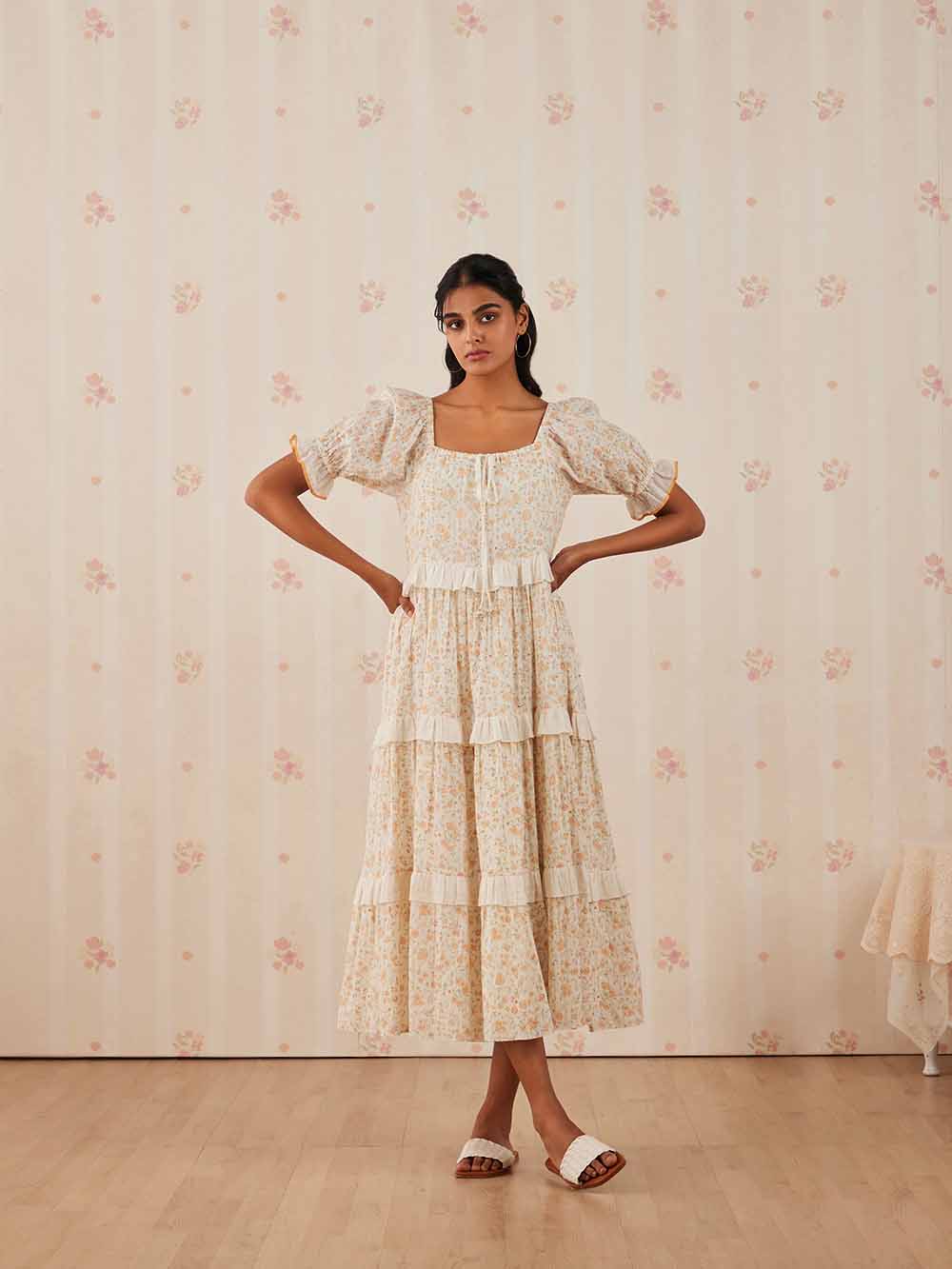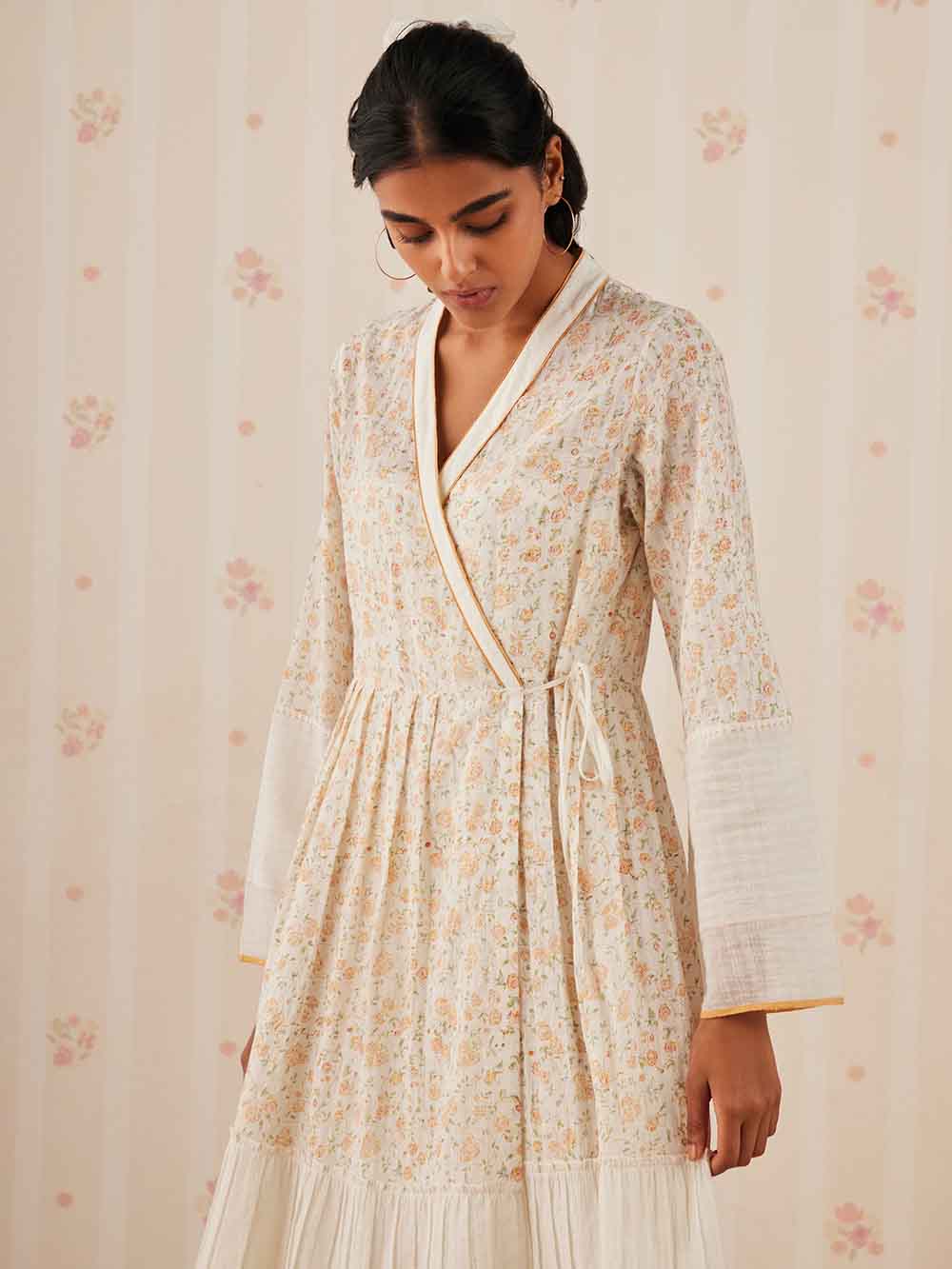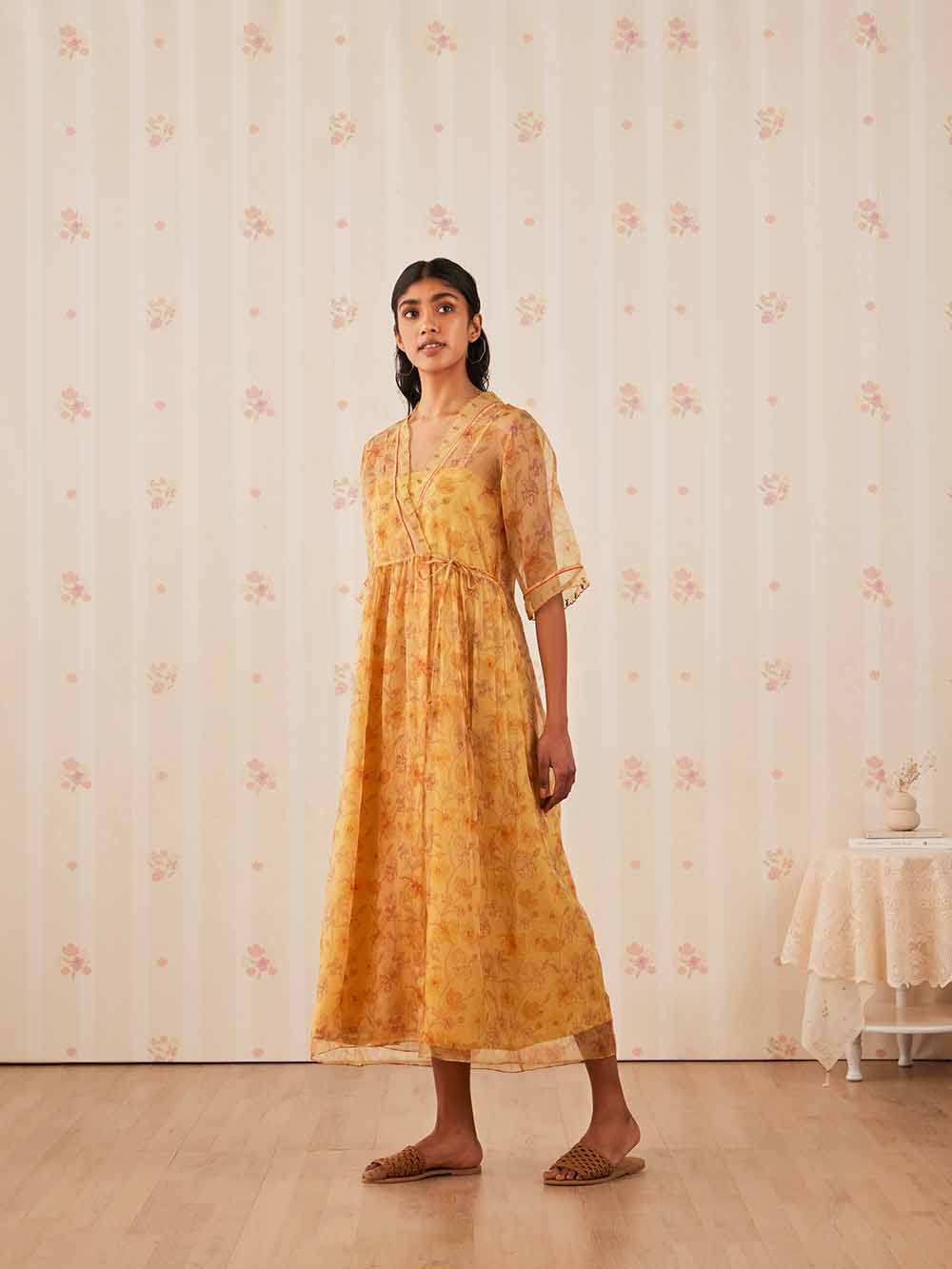Founded by Pallavi Shantam, homegrown clothing brand Buna’s vision revolves around slow living with sustainability at its core. “Sustainability lies at the very heart of Buna. I believe that sustainability is no more a choice in a rapidly changing world. It is rather a necessity. For me, a sustainable choice is one that considers the consequences involved after it. Whatever we purchase leaves a trail behind, maybe of plastic, carbon, chemicals, water wastage, exploitation and so on. Minimizing this trail is my brand's endeavour,” says Shantam.
The name "Buna" itself signifies handwork, forming the foundation for a slow-paced, mindful, and personalized aesthetic. The brand recognizes that the process is as significant as the final product. It embraces a collective narrative that celebrates the efforts of all the artisans, whose skilled craftsmanship culminates in a beautiful legacy. “At Buna, we use local crafts and support artisan communities in our small way. I source my textiles from the weaving communities across India. The Mulmul khadi, cotton-silk, linen, Tangail and Jamdani come from weavers in West Bengal, the thicker varieties of khadi from Gujarat. We get our fabrics block-printed in Sanganer and Bagru in Rajasthan,” she adds. Shantam goes on to explain how the brand’s experience with sustainable fabrics has been incredibly rewarding. The techniques of handloom weaving and hand-block printing to generate handloom cottons, chanderi, linen and silks each with its unique characteristics and imperfections add a fresh, nostalgic yet unconventional take to each garment.

Image Source: Buna
To add to its holistic approach to sustainability, Buna does its bit to keep waste to a minimum. “In terms of recycling waste fabrics, we have implemented a recycling program where fabric scraps are collected and repurposed into new products or used for smaller accessories like hairbands, upcycled fabrics, rugs and carry bags. This allows us to reduce waste and maximise the potential of every material,” explains Shantam. All this, coupled with Buna’s 100 per cent biodegradable packaging adds a finishing touch to its endeavours to stay consciously stylish.

Image Source: Buna
Shantam, whose own travels and experience through Indian craft hubs of Gujarat, Rajasthan and West Bengal played an instrumental role in inspiring Buna’s initiation thinks learning more about sustainability and equal collaborations can go a long way in a fashion entrepreneur’s journey. “My advice for budding sustainable fashion entrepreneurs is to stay true to your values and never compromise on your commitment to sustainability. Educate yourself about sustainable practices and materials, and continuously seek ways to improve and innovate within the realm of ethical fashion. Collaborate with like-minded individuals, artisans, and suppliers who share your vision,” she says.

Image Source: Buna
Remaining true to its Indian roots, Buna embraces its indigenous heritage while catering to a modern audience, all the while sticking to its deliberate and unhurried processes.